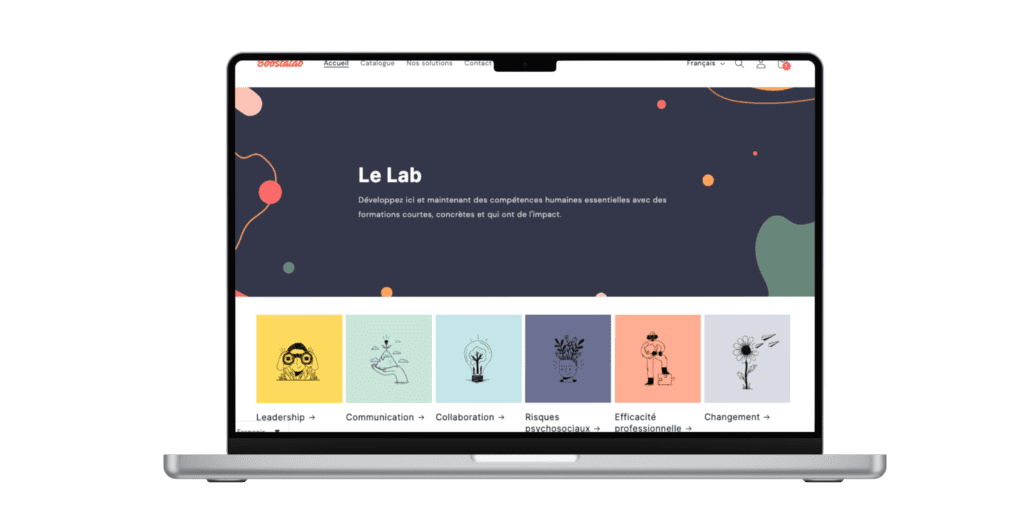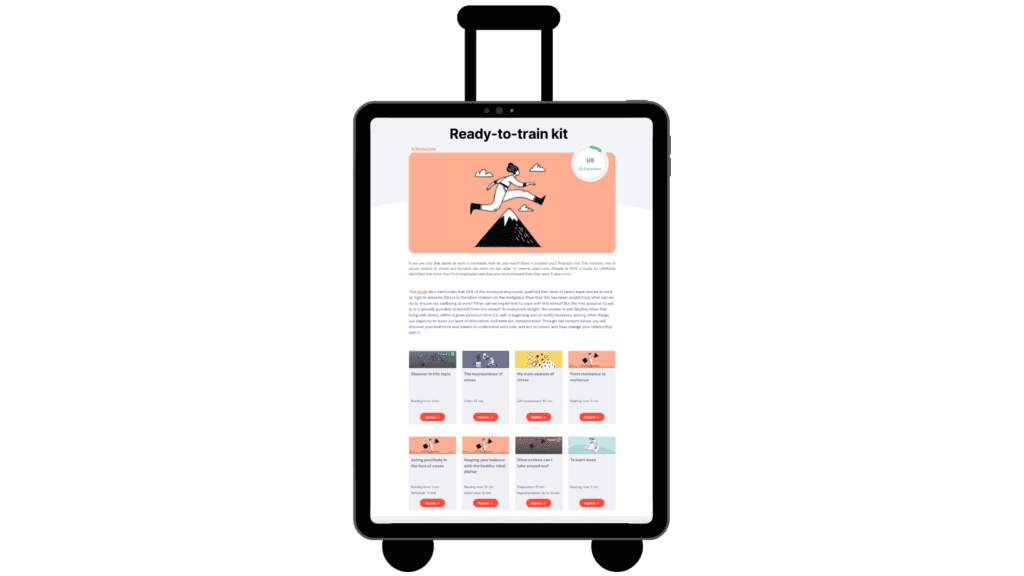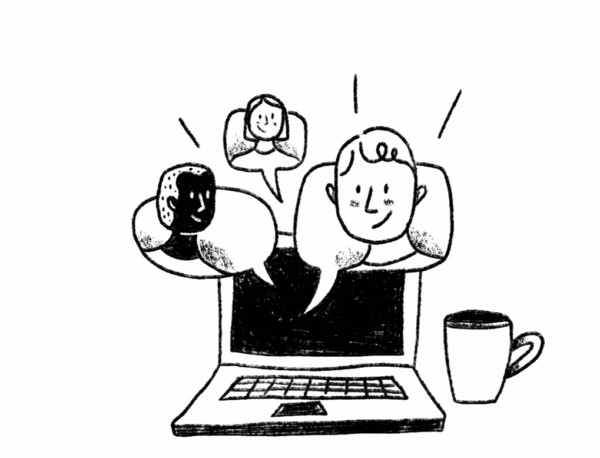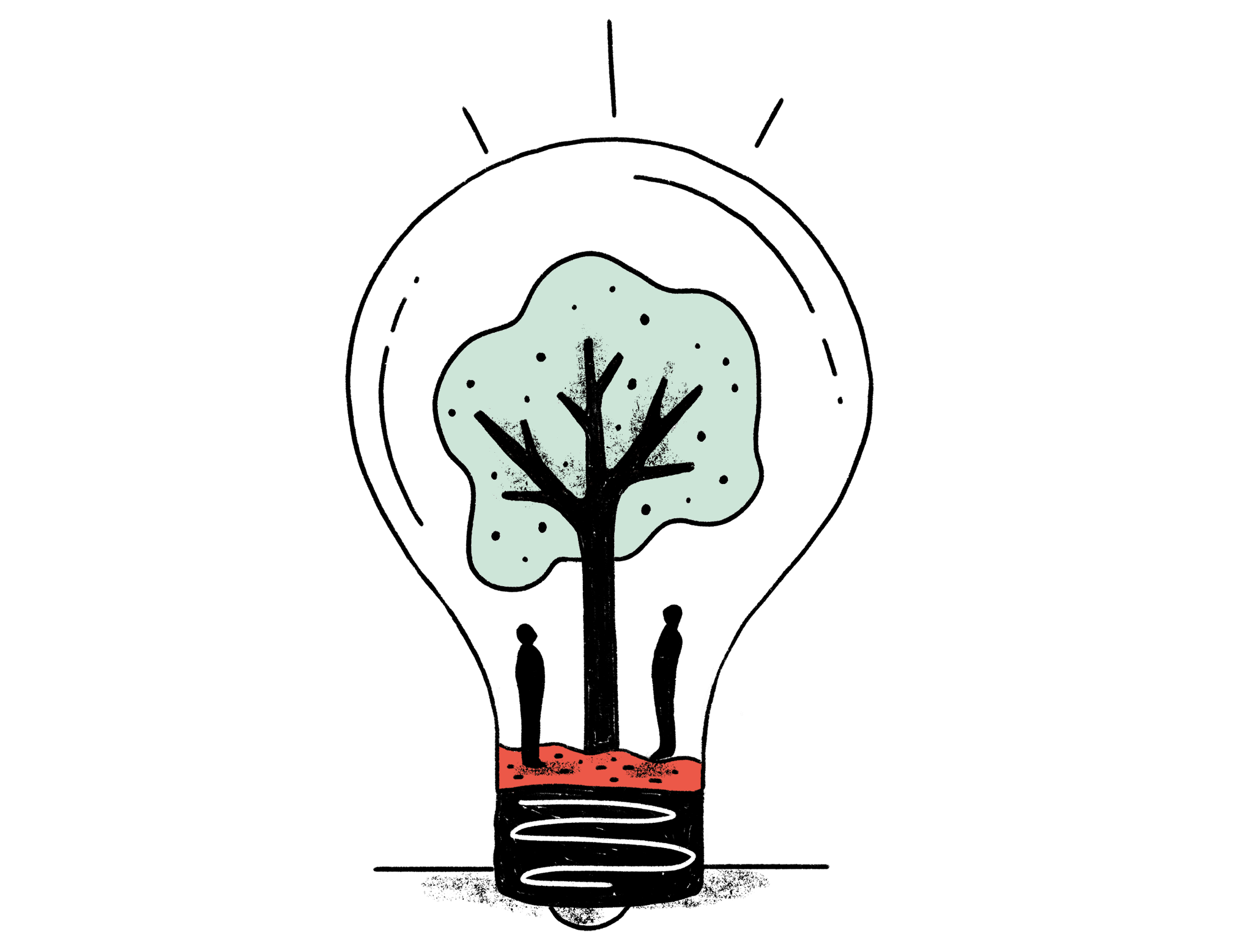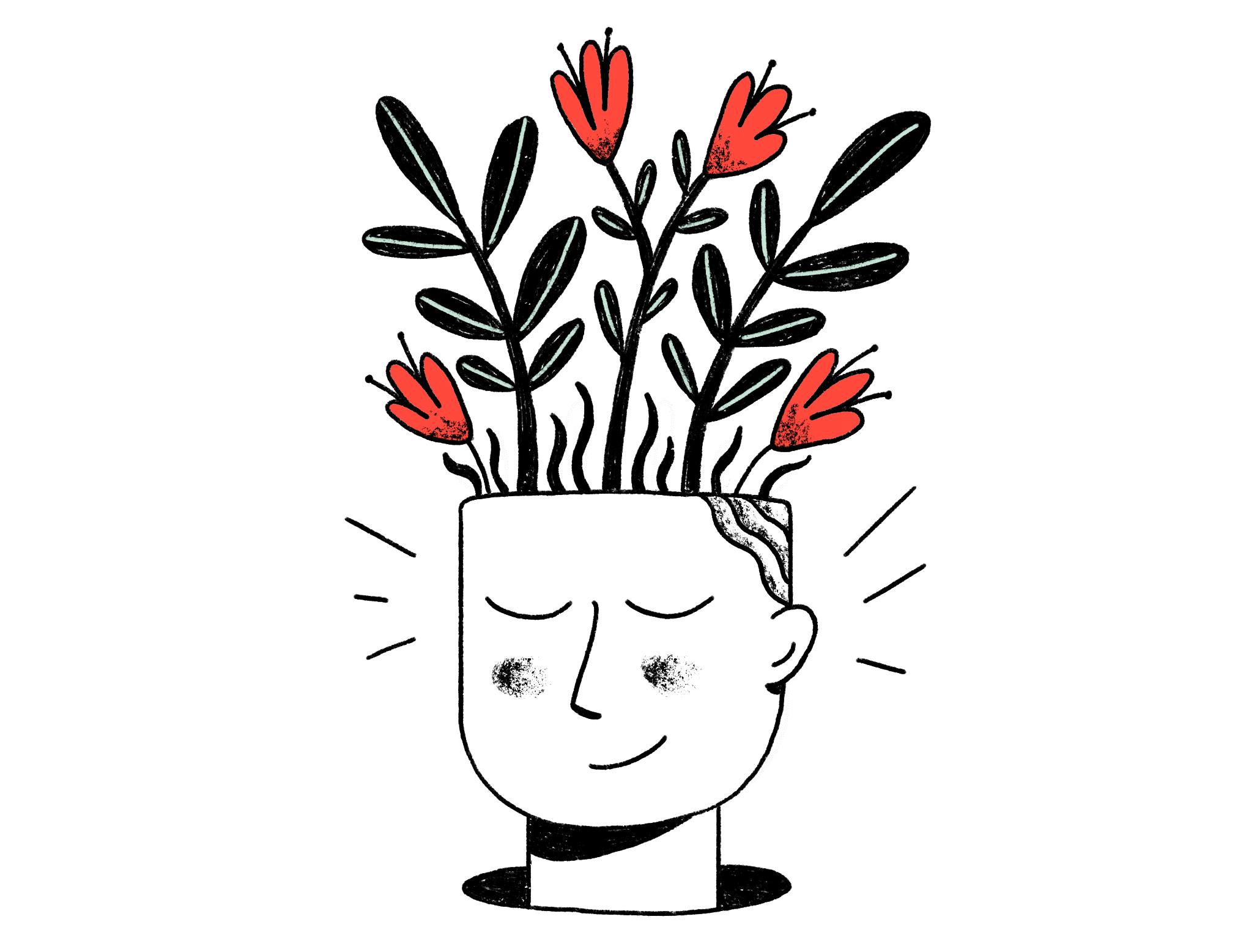Unconscious bias training - Limit their impact in the workplace
Unconscious biases
News stories about psychological and sexual harassment, systemic racism, racial profiling, and microaggressions have been dominating the headlines in recent years… And that’s good news! Obviously, no one is happy about the staggering number of victims that have come out of the #metoo, #blacklivesmatter, or #everychildmatter movements. However, these waves of denunciations have brought to light the unconscious biases that can arise in the workplace, allowing us to move towards a better world.

Why address unconscious biases?
The best decisions are made by leaders who openly admit to having biases, shaped by their experiences, perceptions, or beliefs. To make informed decisions for yourself, your team, and your organization, you must first admit that your perception of reality is incomplete and that you must take steps to correct it. Therefore, it is by becoming familiar with the unconscious biases that influence many of our actions and decisions that we will evolve towards a more conscious, just, and kind world.
Intended results
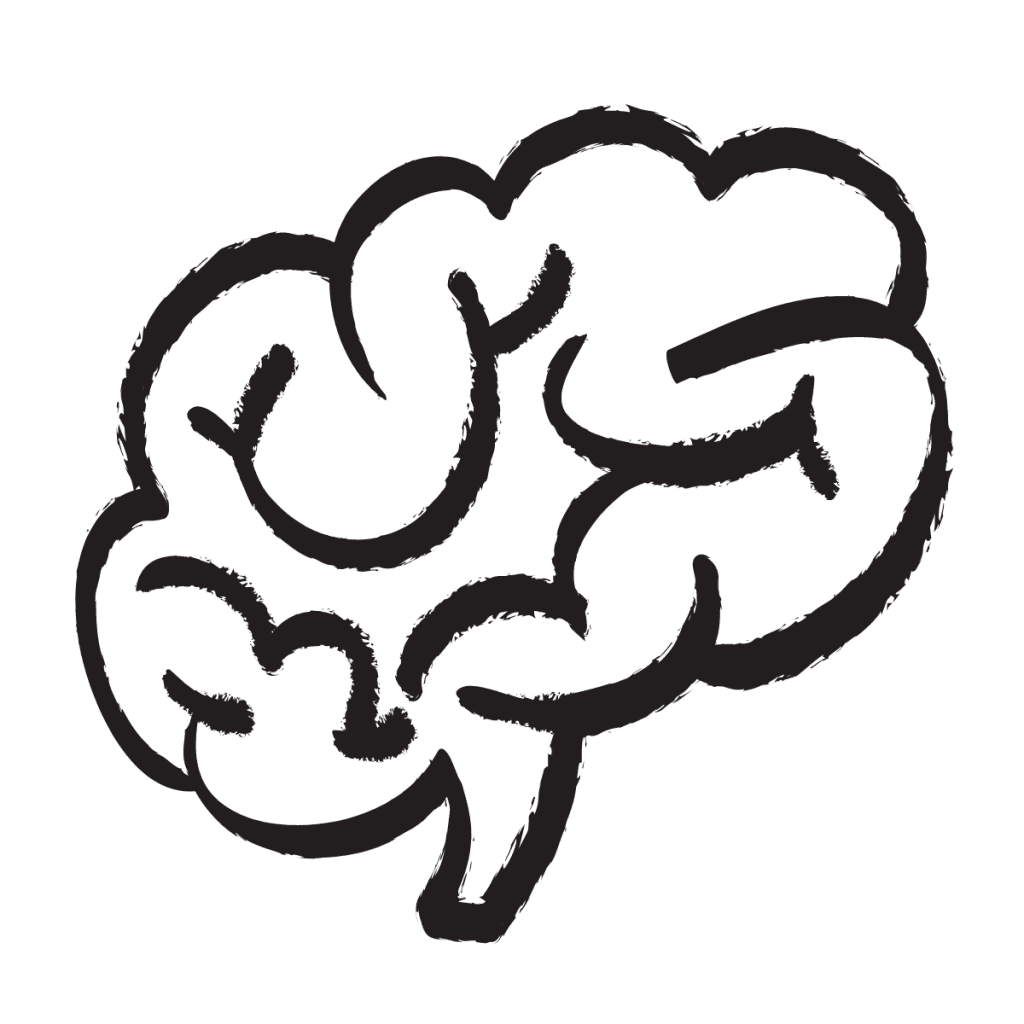
Teams better understand unconscious biases and are aware of those most commonly found in the workplace

Individuals are aware of how biases influence behavior and how they can lead to microaggressions or inappropriate behaviour

The teams have adopted a shared language, are aware of each other’s reality, and know how to adapt to it
What you need to know about our training on unconscious bias and their impact in the workplace
Can we really get rid of unconscious bias?
Not really—and that’s not the goal! Unconscious biases are a natural part of how our brains process information. They help us make decisions quickly, but they can also lead us astray.
This training doesn’t aim to “eliminate” biases (because that’s just not possible!), but rather to help you recognize them and reduce their influence in day-to-day decision-making. By building this awareness, we can avoid unfair decisions, open up more honest conversations, and create a safer, more inclusive workplace for everyone.
Not really—and that’s not the goal! Unconscious biases are a natural part of how our brains process information. They help us make decisions quickly, but they can also lead us astray.
This training doesn’t aim to “eliminate” biases (because that’s just not possible!), but rather to help you recognize them and reduce their influence in day-to-day decision-making. By building this awareness, we can avoid unfair decisions, open up more honest conversations, and create a safer, more inclusive workplace for everyone.
What impact do unconscious biases have in the workplace?
Even when they’re unintentional, biases can have a very real effect on teams and organizational culture.
They can influence:
✔ Hiring – we often lean toward candidates who remind us of ourselves.
✔ Opportunities for advancement – some profiles are unintentionally favoured over others.
✔ Team dynamics – we might listen to certain colleagues more, or trust impressions over facts.
✔ Decision-making – biases can lead us to overlook diverse perspectives or take shortcuts.
Becoming aware of these dynamics helps teams take concrete action to build trust, boost psychological safety, and strengthen collaboration.
Even when they’re unintentional, biases can have a very real effect on teams and organizational culture.
They can influence:
✔ Hiring – we often lean toward candidates who remind us of ourselves.
✔ Opportunities for advancement – some profiles are unintentionally favoured over others.
✔ Team dynamics – we might listen to certain colleagues more, or trust impressions over facts.
✔ Decision-making – biases can lead us to overlook diverse perspectives or take shortcuts.
Becoming aware of these dynamics helps teams take concrete action to build trust, boost psychological safety, and strengthen collaboration.
What if I don’t realize I have biases?
That’s exactly the thing about unconscious bias—it’s hard to see… especially in ourselves.
That’s why our training includes hands-on exercises and real-world scenarios to help you identify your own biases and how they might be showing up in your decisions. You’ll learn to take a step back, reflect on your default reactions, and shift toward a more thoughtful and fair approach.
Awareness is the first step. Once you’ve got that, it’s a lot easier to adjust your habits and adopt new, more inclusive ones.
That’s exactly the thing about unconscious bias—it’s hard to see… especially in ourselves.
That’s why our training includes hands-on exercises and real-world scenarios to help you identify your own biases and how they might be showing up in your decisions. You’ll learn to take a step back, reflect on your default reactions, and shift toward a more thoughtful and fair approach.
Awareness is the first step. Once you’ve got that, it’s a lot easier to adjust your habits and adopt new, more inclusive ones.
Is this training still relevant if our organization already has an inclusion policy?
Absolutely. Having an inclusion policy is a great start. But to really make a difference, everyone needs to bring it to life in their daily work.
Training on unconscious bias helps you go from principle to practice, giving employees and leaders the tools to make more fair and informed decisions.
Even with the best intentions, we all have blind spots. Our learning solutions are designed to help you recognize those patterns and build a team culture that’s aligned with your values.
Absolutely. Having an inclusion policy is a great start. But to really make a difference, everyone needs to bring it to life in their daily work.
Training on unconscious bias helps you go from principle to practice, giving employees and leaders the tools to make more fair and informed decisions.
Even with the best intentions, we all have blind spots. Our learning solutions are designed to help you recognize those patterns and build a team culture that’s aligned with your values.
What’s the best way to integrate this training into our organization?
We offer a few different formats—designed to fit your context and pace:
✔ Le Lab – A self-paced online learning platform designed to help teams build solid collaboration skills, one step at a time.
✔ Training boosts – An interactive group session where participants practice and reinforce collaboration best practices.
✔ Interactive team training paths – A longer-term program designed to embed sustainable collaboration habits into your workplace.
✔ Ready-to-train kit – Engaging, practical, and easy-to-implement training materials, ready to be integrated into your organization’s LMS.
Not sure which format is best for your team? Take the quiz!
We offer a few different formats—designed to fit your context and pace:
✔ Le Lab – A self-paced online learning platform designed to help teams build solid collaboration skills, one step at a time.
✔ Training boosts – An interactive group session where participants practice and reinforce collaboration best practices.
✔ Interactive team training paths – A longer-term program designed to embed sustainable collaboration habits into your workplace.
✔ Ready-to-train kit – Engaging, practical, and easy-to-implement training materials, ready to be integrated into your organization’s LMS.
Not sure which format is best for your team? Take the quiz!
How do we get started with unconscious bias training at Boostalab?
It’s easy—two ways to begin:
Want to find the right format for your team? Take the quiz!
Prefer to talk it through with an expert? Book a call with us.
It’s easy—two ways to begin:
Want to find the right format for your team? Take the quiz!
Prefer to talk it through with an expert? Book a call with us.

Training solutions to better understand unconscious biases
Address the unconscious biases present within your organization with a solution that triggers real action. This is how you can reconcile performance and wellbeing in a simple way.
Success stories
Sometimes daring to do things differently takes us further than we ever imagined. Do like they did.
We cannot overlook their determination, their enormous availability and their unparalleled expertise in offering services to our members in the development of tools and training related to psychological health in the workplace. It is an exceptional privilege to collaborate with a Quebec organization that was able to quickly understand our issues, find practical solutions and create diversified content that is recognized and appreciated by all our members. Furthermore, we salute the importance that the entire team devotes to maintaining this precious connection with us and, in this case, our members. We are pleased to count the "Boosta" team among the CCAQ's valued family of partners.
Céline Servant
Vice President of Human Resources - CCAQ
I am very satisfied with our collaboration with Boostalab. The suggested approach allowed us to clearly identify our management philosophy. What I appreciated the most was the practical aspect, the simplicity and the space given to the team in their solutions. The contact with the Boostalab team is also very easy and friendly. Thank you for your dynamism and your attentiveness!
Dominique Jacob
Borough Manager - Pierrefonds-Roxboro
Some transformed teams
Learn how our learning solutions have helped many teams take action and develop their skills.
